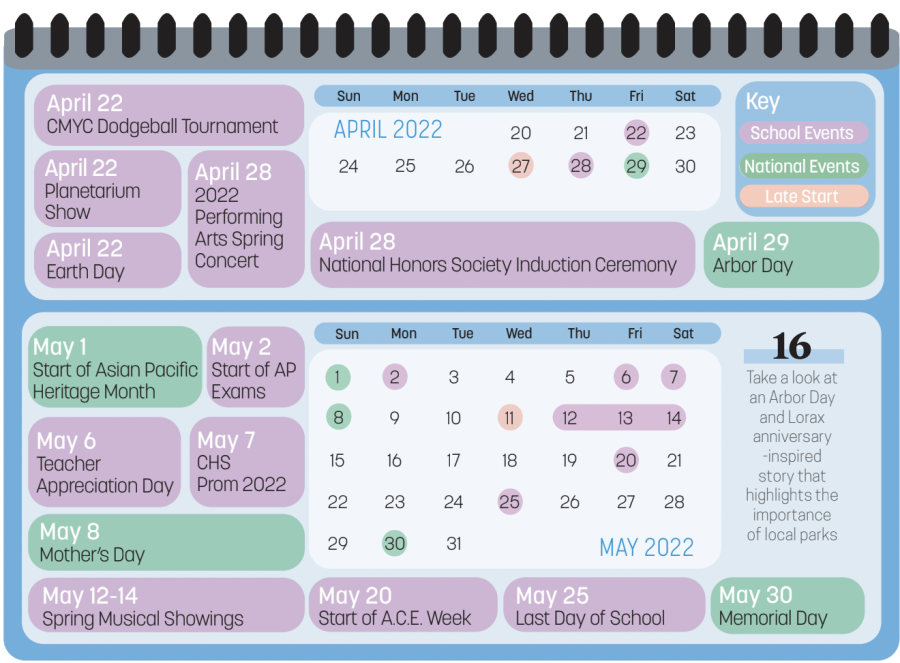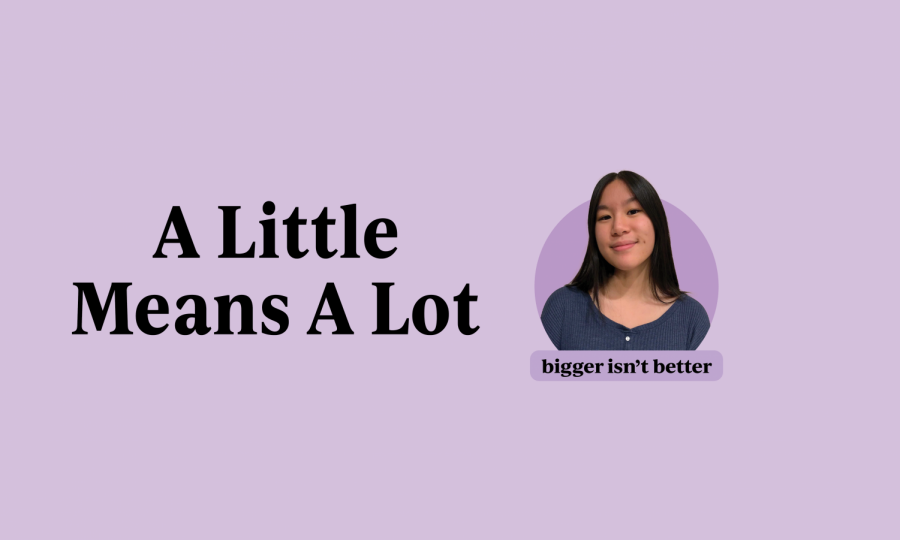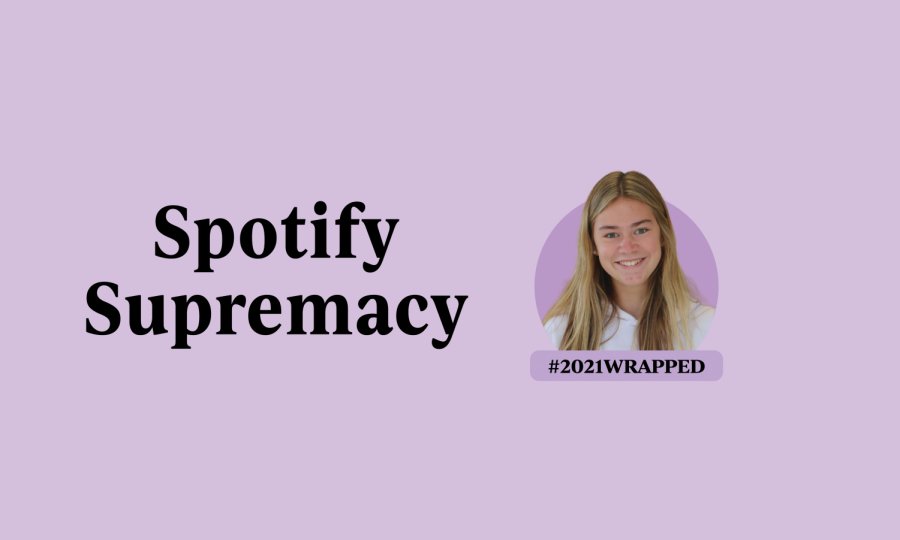The internet is massive.
Certainly, of course, massive in the sense that it is perhaps the largest database and wealth of knowledge in the world: There’s over a yottabyte—1,208,925,819,614,629,174,706,176 bytes—of data. But the internet is also massive in its significance and impact in nearly every aspect of our lives.
Think about it. Need to research? Google. Movies? Netflix. Videos? YouTube. Socializing? Facebook. Figuring out how to get rid of the nasty amount of fruit flies at your house with fruit vinegar traps? (Guess what I spent my summer doing.) Wikihow. Few people wait in lines in banks anymore. Or in stores, for that matter—according to a 2013 study conducted by Pew Research, apparently 95 percent of teens shop online. In fact, in 1997, we realized that the Internet was such a big deal that we actually legally established it as an extension of speech in the Supreme Court case of Reno v. ACLU.
But the unfortunate part is that quite a bit of that might change.
In the past few months, it’s been particularly frustrating and slightly ridiculous to see the development of plans, which, if successful, will reshape the entirety of the internet. But what’s been even more ridiculous is the fact that so few of us have even heard of it. I mean, sure: Unless you’re a C-SPAN fan—which, I’m positive ,is a fundamental paradox—you may not be the most abreast with this side of media. Yet the degree to which we, I included, are uninformed in this particular matter is frightening.
The issue at hand revolves around one concept: net neutrality.
Net neutrality is driven by the idea that all information and data are treated equally; it’s the guiding principle of the Internet and allows us to communicate freely and is responsible for the oddly equal playing field of the Internet that allows small corporations to undermine larger ones. It’s how Google usurped Yahoo, and why it’s possible for you—if you’re too hipster to use Google—to have the freedom to check out ChaCha, Ask or Bing. It’s how Facebook supplanted MySpace and is now being displaced by Twitter and Instagram. And it’s how you or I can make our own blogs, our own websites or, really, whatever we so desire—like, become the next big thing.
But in the past year the Federal Communications Commission (FCC) has advanced plans that will effectively end net neutrality. Prompted by large Internet providing companies, including Comcast and Time Warner Cable, the FCC has attempted to pass a proposal to create a two- tier system in which Internet providers will be able to charge companies for higher Internet speeds. Google, for instance might have to pay a premium to maintain its alacrity in search results; Netflix to ensure reliable streaming speeds. The problem is not only that these premiums overwhelmingly favor large corporations—as upstarts may not have the financial resources to pay for them—but that, naturally, in providing a fast lane, there will also be a slow one. In having jurisdiction over speeds of service, cable companies will inherently, to an extent, be able to manipulate Internet content. Subtly but surely, flagrant violations of the First Amendment will become plausible.
The proposal is so ridiculous that on top of a letter signed by Google, Netflix, Amazon and Facebook that supports net neutrality, the FCC also received a record-breaking 3.7 million comments—nearly all negative—from the public.
This begets two questions. First, if the proposal is really that preposterous, if it’s really that absurd, how is it even possible that it’s being considered? Here’s a hint: Tom Wheeler is the chairman of the FCC. Here’s another hint: Prior to working for the FCC, Wheeler was a lobbyist for cable companies. In essence, cable companies are overseeing their own project.
The second question is this: What can we do to fix this? If you’ve read this far, congratulations. You’ve done the first step, getting informed. The second step? Take a second to flick up your eyes to the title—if you’ve forgotten it already—of this column.
Now go do it. savetheinternet.com
The views in this column do not necessarily reflect the views of the HiLite staff. Reach Dennis Yang at [email protected].































![British royalty are American celebrities [opinion]](https://hilite.org/wp-content/uploads/2024/03/Screenshot-2024-03-24-1.44.57-PM.png)




















![Review: “The Iron Claw” cannot get enough praise [MUSE]](https://hilite.org/wp-content/uploads/2024/04/unnamed.png)
![Review: “The Bear” sets an unbelievably high bar for future comedy shows [MUSE]](https://hilite.org/wp-content/uploads/2024/03/unnamed.png)
![Review: “Mysterious Lotus Casebook” is an amazing historical Chinese drama [MUSE]](https://hilite.org/wp-content/uploads/2024/03/0.webp)
![Thea Bendaly on her Instagram-run crochet shop [Biz Buzz]](https://hilite.org/wp-content/uploads/2024/03/IMG_0165-1200x838.jpg)
![Review: Sally Rooney’s “Normal People,” is the best book to read when you are in a time of change [MUSE]](https://hilite.org/wp-content/uploads/2024/03/20047217-low_res-normal-people.webp)
![Review in Print: Maripaz Villar brings a delightfully unique style to the world of WEBTOON [MUSE]](https://hilite.org/wp-content/uploads/2023/12/maripazcover-1200x960.jpg)
![Review: “The Sword of Kaigen” is a masterpiece [MUSE]](https://hilite.org/wp-content/uploads/2023/11/Screenshot-2023-11-26-201051.png)
![Review: Gateron Oil Kings, great linear switches, okay price [MUSE]](https://hilite.org/wp-content/uploads/2023/11/Screenshot-2023-11-26-200553.png)
![Review: “A Haunting in Venice” is a significant improvement from other Agatha Christie adaptations [MUSE]](https://hilite.org/wp-content/uploads/2023/11/e7ee2938a6d422669771bce6d8088521.jpg)
![Review: A Thanksgiving story from elementary school, still just as interesting [MUSE]](https://hilite.org/wp-content/uploads/2023/11/Screenshot-2023-11-26-195514-987x1200.png)
![Review: When I Fly Towards You, cute, uplifting youth drama [MUSE]](https://hilite.org/wp-content/uploads/2023/09/When-I-Fly-Towards-You-Chinese-drama.png)
![Postcards from Muse: Hawaii Travel Diary [MUSE]](https://hilite.org/wp-content/uploads/2023/09/My-project-1-1200x1200.jpg)
![Review: Ladybug & Cat Noir: The Movie, departure from original show [MUSE]](https://hilite.org/wp-content/uploads/2023/09/Ladybug__Cat_Noir_-_The_Movie_poster.jpg)
![Review in Print: Hidden Love is the cute, uplifting drama everyone needs [MUSE]](https://hilite.org/wp-content/uploads/2023/09/hiddenlovecover-e1693597208225-1030x1200.png)
![Review in Print: Heartstopper is the heartwarming queer romance we all need [MUSE]](https://hilite.org/wp-content/uploads/2023/08/museheartstoppercover-1200x654.png)























![Review: Ladybug & Cat Noir: The Movie, departure from original show [MUSE]](https://hilite.org/wp-content/uploads/2023/09/Ladybug__Cat_Noir_-_The_Movie_poster-221x300.jpg)

![Review: Next in Fashion season two survives changes, becomes a valuable pop culture artifact [MUSE]](https://hilite.org/wp-content/uploads/2023/03/Screen-Shot-2023-03-09-at-11.05.05-AM-300x214.png)
![Review: Is The Stormlight Archive worth it? [MUSE]](https://hilite.org/wp-content/uploads/2023/10/unnamed-1-184x300.png)







